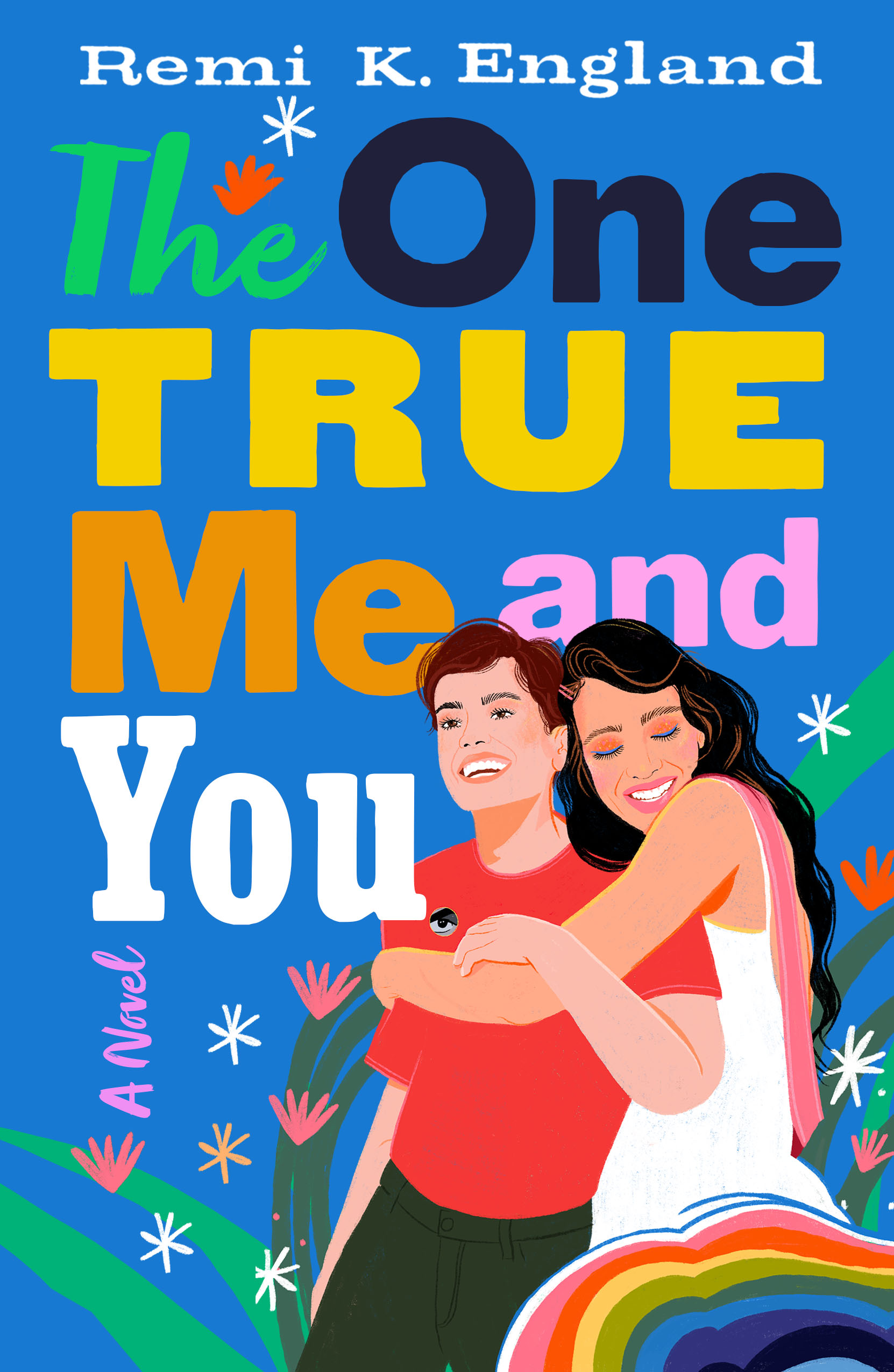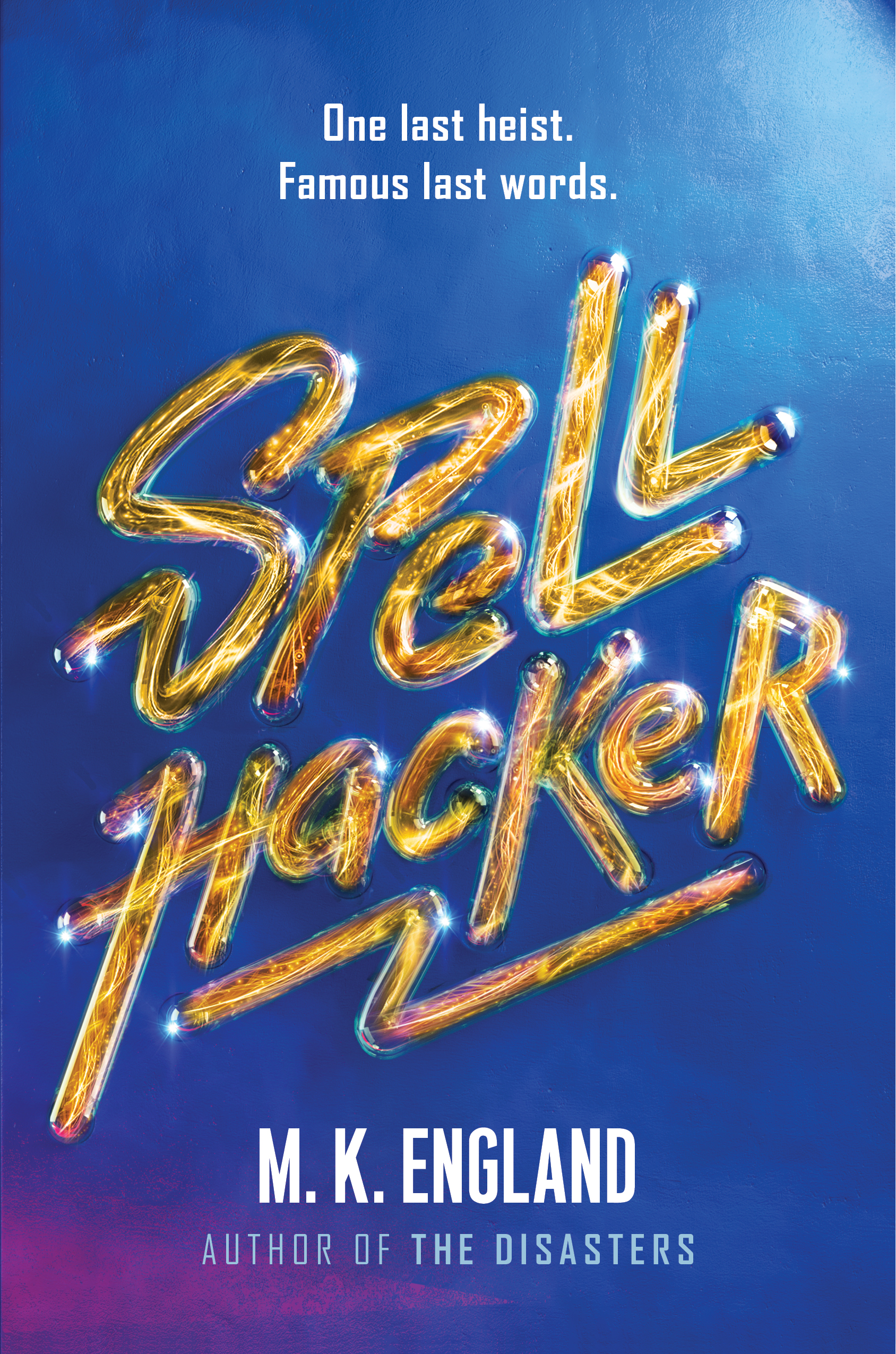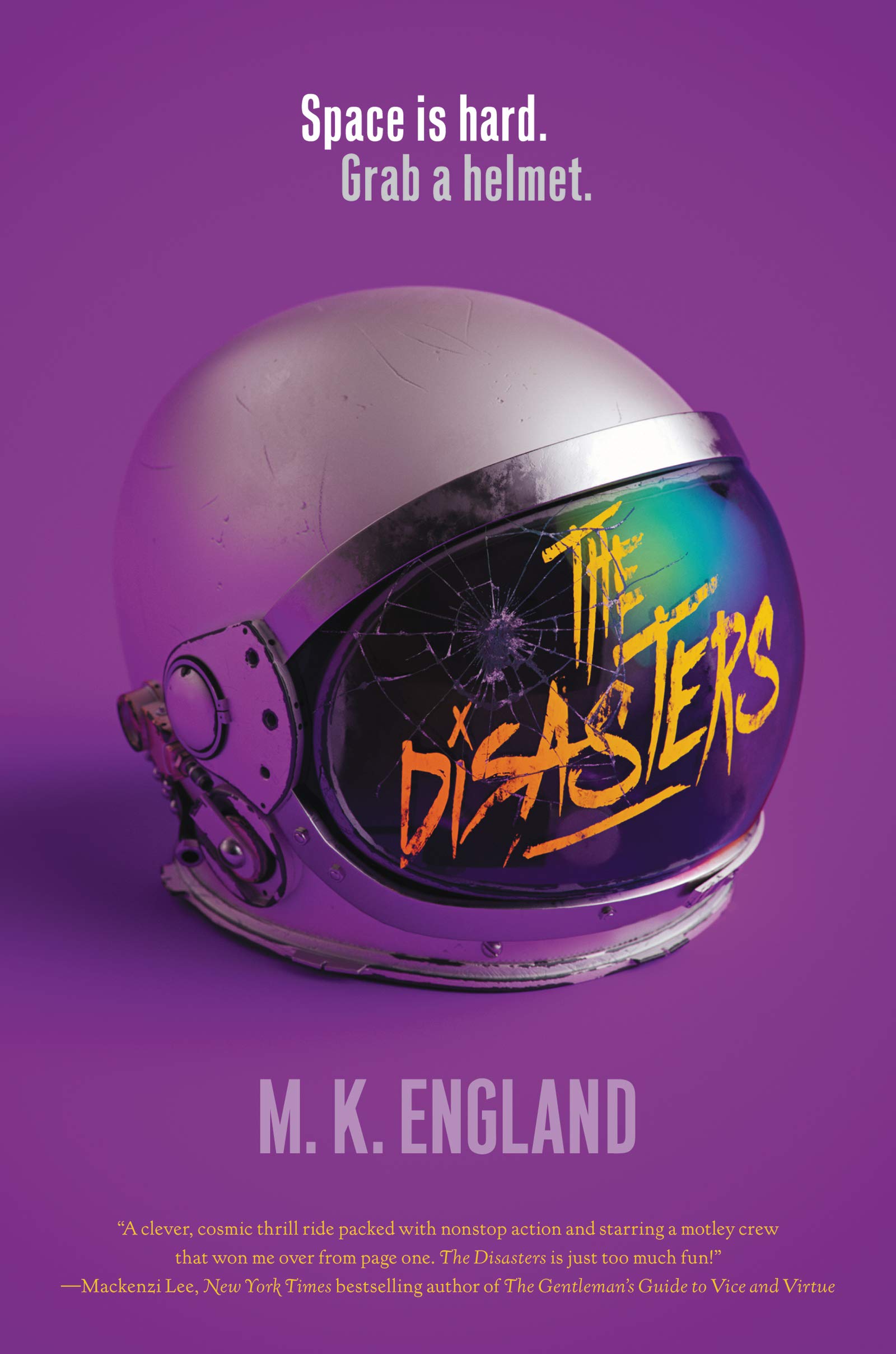Part 2 – Crunching Numbers and Taking Leaps: The Money Post
(This is part two of a three-part series. I recommend you give part one a quick read first, if you have time.)
Important disclaimer before we begin: We’re going to talk about money a lot in this post. Money brings up feelings, and our financial system is fundamentally screwed up, unfair, discriminatory, and needlessly complicated. Prepare thyself. Also, I am not a financial professional, and absolutely nothing here should be taken as financial advice. Contact a certified financial planner who acts as a fiduciary if you need individualized advice. This is merely me sharing my personal experiences as a small-time workhorse writer making ends meet without big publishing deals.
Please steal these spreadsheets
2021: The year of unrelenting deadlines. Also the year I officially quit my day job to become a stay-at-home parent and author. It’s been a wild ride, and it took a lot for me to get brave enough to take the leap.
You may recall that I ended 2020 in a pit of despair but with a glimmer of hope. I was truly on the brink of mental collapse between a bad day job situation, completely missing out on my baby’s development, postpartum depression, lack of sleep, and all those contracted books suddenly needing to be worked on.
And so, I started 2021 with spreadsheets. Lots of them. There was my old writing income spreadsheet that had been with me since 2016. My project pipeline spreadsheet to keep track of where each book was in its lifecycle. A meal planning spreadsheet to minimize the number of decisions I had to make each week. And, because I am a secret money nerd, there were many, many financial spreadsheets.
M. K. England, Secret Money Nerd
It’s true. I admit it. I listen to finance podcasts. A good budget spreadsheet is deeply satisfying. I advise my friends on their retirement accounts.
Because of my upbringing, financial circumstances, and the power structures of the U.S. financial system, I made it to my early 30s knowing almost nothing about money. I was completely ignorant of even the most basic facts about investing, retirement saving, and so on. It pissed me off, and I decided that if white men in suits could make the financial system work for them, then I damn well could too. Fast forward: I’m 35, my partner is 39, and I can now define all the different types of retirement accounts, espouse the virtues of the low cost broad based index fund, and tell you exactly how much my household spends per month on… well, everything.
This little segue into financial nerdery is extremely relevant, because being armed with this knowledge is what allowed me to find the confidence to quit my day job despite not having any big splashy deals. I knew exactly how much money we needed to live month to month, year to year. I’ve always been a budgeter, but that pipe dream of quitting dangled in front of me like a carrot on a stick: a faint possibility of escaping a bad situation and getting to see my baby develop in front of my own eyes instead of through pictures. I made copy after copy of my trusty monthly/yearly budget spreadsheet and ran the numbers again and again and again, different scenarios, varying levels of pessimism.
(Rage note: We were paying $1050 per month for the only daycare option available in our rural area, and the daycare was getting shut down for covid exposure so often that my partner and I had both run out of paid time off work. In the month of February, the baby was in daycare for a whopping FOUR DAYS. That’s it. Fuzzy baby feelings aside, I couldn’t wait to eliminate that expense and stress.)
After much number crunching and soul searching, I finally arrived at a number I needed to bring home via writing. It was lean by some people’s standards, generous by others, with a margin for error and saving for taxes baked in. We could still save for retirement, and we wouldn’t have to cancel Netflix. I set my annual writing income target at $30,000 per year.
Financial transparency? In my publishing industry?
There’s a lot of privilege that made that $30k target possible. My partner makes about $40,000 per year (before taxes) and could provide health insurance for our little family. I couldn’t have quit without those things in place. We also didn’t have significant debt other than my student loans, a car payment, and a mortgage. I had saved up some money from The Disasters and Spellhacker to put a 20% downpayment on our modest 1100 square foot house in rural Virginia, so the mortgage is only three digits in a low-to-moderate cost of living area.
Let’s take a quick break to process some feelings here. Financial discussions with real world numbers make people feel all kinds of ways—mostly uncomfortable. I think transparency is critical in these kinds of discussions, though. Things would be very different if my spouse made six figures, or if I were a single parent with no other income, or if I were grappling with the racism baked right into the U.S. financial system. There are some people who will read those numbers and think we are endlessly privileged. There are others who will think they could never get by on so little, or who need more to feel safe and secure. We all bring a lot of personal history to money conversations, and your feelings are valid. Ultimately, this is about what feels right for my family and our very individual situation. And, most of all, there is a non-monetary value that had to factor into the calculations: the value of being at home to raise my kid and watch her grow, something I personally wanted very much. Also, I was very near a total meltdown, so there’s that.
So, I had a target annual salary, and I had some books under contract. Time to look at those contracts and see how far the pay would stretch. The books were, in release date order:
Guardians of the Galaxy: No Guts, No Glory
The One True Me and You
Player vs. Player, Books 1, 2, and 3
And, after I made the decision to quit but before I actually left, two more contracts came along:
Unannounced IP Novel
Unannounced Anthology Short Story
I’ve anonymized the pay for these projects to avoid the wrath of the industry, but I want to be clear about how I’m cobbling together that $30k per year salary, since all you ever hear about on the interwebs is the big six figure advances. And so, in random order, these projects are paying:
$12,000
$15,000
$3,000
$30,000
$15,000
$12,000
$15,000
A total of $102,000 under contract ($86,700 after agent commission), to be paid over the course of 2020-2023. I knew about roughly $87,000 ($73,950) of that before I gave my notice, and learned about the other two soon after. These numbers are before taxes, of course, but I factor saving for taxes into my budget rather than deducting them from my overall income. It just makes more sense to my brain that way.
(Let’s just skirt riiiiiight on by the fact that I’m writing six novels and a short story to make half of what some people get paid for a fantasy duology. That’s the nature of the industry, and there are plenty of authors out there with smaller advances than mine who are endlessly talented and deserving of more. As with all money matters in the U.S., publishing pay is unequal and discriminatory. I’m grateful for what I have, even as I drown in conflicting deadlines and churn out ridiculous numbers of words to make ends meet. It’s worth it to me.)
Some quick notes on publishing income. This handy oft-linked-to post by Jennifer Laughran breaks down how publishing advances are paid. The long story short is that you don’t get that whole lump sum at once. It’s broken into pieces over several years. When you’re living on that money, timing matters a whole lot. I also never count income that is not contractually obligated. For instance, I might get some money from the Disasters TV option getting renewed in 2022… or they might decide to drop the project, in which case I get nothing. Money is only planned for once it’s ink on a contract, and it doesn’t truly exist to me until it’s in my bank account. I’m not a financial advisor or professional, but I think we can all agree that don’t spend money you don’t actually have is a pretty good general guideline (with exceptions for emergencies, poverty, etc. obviously.)
Important addition for debut authors: It might be tempting as a debut with a bigger deal to look at these numbers and think “oh, I got paid more than that, I should be fine!” But there is no guarantee you’ll get paid that much again. I’d even go so far as to call it unlikely. I’ll probably never make what I made on The Disasters/Spellhacker again (which wasn’t huge and splashy but was more than those listed above). I can still make a living as a working writer though! I just don’t want to lead any debuts astray.
Deciding to quit is scary and hard.
So. I had my annual salary requirement ($30k).
I knew my anticipated take home income from publishing sources for the next few years ($74k at first, which rose to $87k later).
The simple math showed that I could cover the next 2+ years’ salary with only what I’d already sold, and I was well on my way to covering a third year. Barring any catastrophes, I could sell nothing else and still be okay until almost 2024. That was… shocking. I’d never really looked at it that way before. The scarcity mindset of my upbringing, broke 20s, and millennial you’ll-never-be-able-to-afford-to-retire-so-cling-to-every-penny attitude meant even with the black and white numbers staring back at me, I still couldn’t accept it. I internally recoiled at leaving a steady job with good benefits for a job with an uncertain future. I needed more convincing.
I began asking friends: How much writing income would you need to have under contract to feel secure in quitting your job? The answers shocked me. Six months. (Really??) A year. Eighteen months. The answers varied, but the average seemed to be about one year, with the caveat that you could always look for another day job after six months if necessary. Considering the state of my mental health at the time, that struck me as a damn good point. I looked at the numbers I’d run again and finally let myself ask: Am I being too cautious? I was sitting on nearly three years of contracted income. Because of the way the payments were structured, I already had the first year and a half covered. Here at the end of 2021, I already have all of 2022 saved up and have started on 2023.
I knew that if I quit it would likely be temporary. Two to three years, maybe all the way until my kid started kindergarten, if I was lucky. Then I’d be looking for another day job. Work in publishing is never guaranteed, after all. But… wasn’t it worth it to have that time? To be at home with my kid, weather the storm of these deadlines (and covid), and put more focus on my writing career?
I talked it over with my partner. We made the decision.
I gave my notice in early February 2021 with a promise to stay on and help with the transition. I gave the end of April as my target, and I spent the next few months preparing for the enormous change in a variety of financial and practical ways. See the appendix below for a list of potential action items for hopeful quitters.
And in the meantime, I wrote my face off. More on my 2021 writing schedule and deadlines in the next post.
Okay, money talk over!
We can all go purge our souls of capitalist evil!
I mean, the money talk is mostly over. I promise, the third and final post in this series will have zero dollar signs and very little financial talk. Instead, I’ll be showing you my actual deadline schedule and telling you all about the ways I screwed up, lessons I learned, and the day to day realities of being a stay at home parent and author. See you over there!
Remember, there’s an appendix below for anyone hoping to quit. Check it out.
— — — — —
Go to Part 3: Lessons learned and deadlines met. Mostly.
Was this helpful?
Did you enjoy this post? Learn something from it? Maybe consider purchasing, pre-ordering, or reviewing one of my books!
Appendix: A To-do List for Quitters
Once I’d given my notice, there were a few things on my to-do list that I find it worthwhile to mention here in case you ever find yourself in this position. These are all relevant to the fact that I had a day job with benefits and retirement options, which is not everyone’s situation, but hopefully this’ll shake some ideas loose no matter what your circumstances. It’s also completely U.S.-centric; apologies, but I have no idea what benefits and retirement are like elsewhere!
- Spend down benefit accounts. If you have a flexible savings account or dependent care account, that money will need to be spent by a certain day. I had to do a lot of math and negotiating with the daycare to make sure I got to spend every penny I had contributed.
- Use vision, dental, and other benefits. Before my benefits expired, I made appointments to get an eye exam and new glasses, and to get a teeth cleaning and some dental work done. I’d stayed away from dentists and eye doctors through the whole pandemic, but my employer and I had both been paying for those benefits, and I was damn well going to use them before I left!
- Practice living on less and put the surplus money into retirement, paying off debt, or emergency savings. Quitting my day job meant taking a pay cut, so I started arranging our finances as if that extra money didn’t exist. As a public employee, I had access to a 457b account, a special kind of savings account called a “deferred compensation” account that I desperately wish I had actually researched and used earlier in my career. (What’s special about it is that the money goes in before taxes are taken out, so your money goes further and lowers your income tax burden, but there’s no penalty for taking money out before a certain age like with most retirement accounts. You just have to have separated from your employer… which I was, of course, planning to do. Handy to have in case of emergencies.) I did the paperwork to max out the per-paycheck contributions to that account to take as much advantage as I could before leaving. Depending on your situation and the interest rates of your debt, you may want to use this money to pay down a car loan or student loans, save for emergencies, or whatever else you need to set yourself up for freelance success.
- Roll over retirement accounts as needed. After my last paycheck hit the bank, I rolled over my 401(a) account into my personal IRA so I would have more control over how that money is invested. I could have left it with them, but there was no benefit to doing so when it restricted my options, and it was handy having it all in one place. (It’s worth a quick note here that if you’re ever thinking about quitting, check to see when you are vested in your retirement savings. It might impact your choice of quit date.)
- Be prepared for your taxes to change a lot. I can’t tell you anything specific because our tax system in the U.S. is so complicated and screwed up and controlled by tax prep companies. But I’d hate for you to be surprised come tax time. It’s worth consulting with a financial professional if self-employment income is not something you know much about.
This only scrapes the surface of all the many financial considerations. Some people may also want to think about disability insurance, living wills, creating an LLC, and much more I can’t even think of. Financial situations are so individual. Google stuff about going freelance if you want more potential action items.




